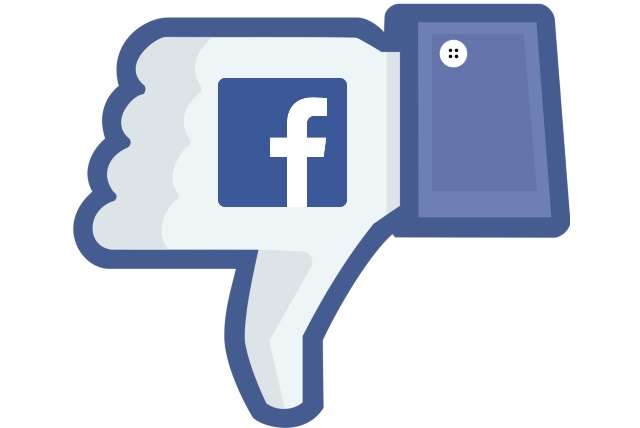
Take care with Facebook Lite -- it could be stealing your data and installing malicious apps
It's no secret that Facebook can be a real hog, both in terms of data and battery usage. To combat the problem, Facebook released a cut-down version of its mobile app in certain markets called Facebook Lite; it also followed that up more recently with Facebook Messenger Lite.
The problem with Facebook Lite is that it's not available everywhere through Google Play. For people keen to get their hands on the app, there are plenty of app repositories online offering it for download. But not all repositories are equal, and some are serving up a tainted version of Facebook Lite that's laden down with spyware -- specifically Android/Trojan.Spy.FakePlay.
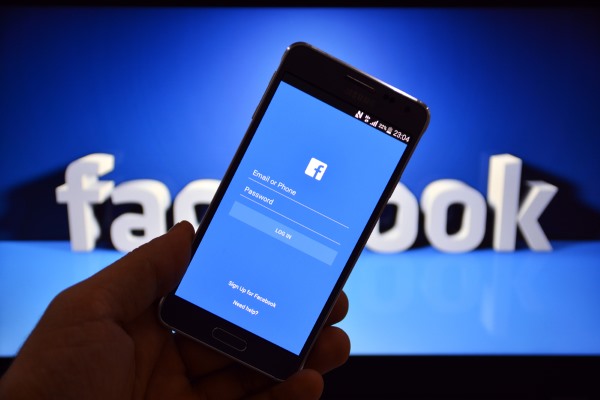
Facebook asks BBC for sexual images found in Facebook groups; calls police when BBC complies
Facebook, like just about any other social network -- and, indeed, countless websites -- is home to all manner of objectionable and even illegal content. A BBC investigation found that Facebook was failing to remove sexualized images of children from groups after they were reported, calling into question Facebook's moderating procedures. Accounts for convicted pedophiles also remained online after they were reported.
When the BBC pointed out to Facebook that less than 20 percent of the reported images were removed, Facebook asked to see the images that were being investigated. When the BBC complied with the request, Facebook reported the corporation to the police for distributing illegal images. The social network's response to the investigation has been derided as "extraordinary".

Twitch introduces Pulse, a Twitter copy for gamers
Just as operating systems borrow ideas from each other, the same is true of social networks -- and just about all sites and services feature social networking elements. Twitch, the streaming video platform for gamers, is copying Twitter and launching a social media feed called Pulse.
Described as "a place where streamers can post and engage with all of their followers and the greater Twitch community right from the Twitch front page", Pulse is not just about text updates, but also sharing GIFs.

Facebook rolls out a Disputed label to help weed out fake news -- albeit weakly
Donald Trump may have turned the idea of fake news into something of a joke, but there is a serious problem with fabricated stories on Facebook. Conscious of the potential for not only ad revenue through clicks, but also the ability to mould the news narrative, money-seekers and those with a (usually political) agenda have become skilled in flooding the social network with sensational, scary stories that are simply not true.
Mark Zuckerberg has already talked about his desire to drive the scourge of fake news from his site, and now we can see this plan in action. It's not quite on the scale of Google's fact checking regime, but the social network will now flag up potential fake news with a Disputed label, and also provide links to sites that question the veracity of the stories in question.
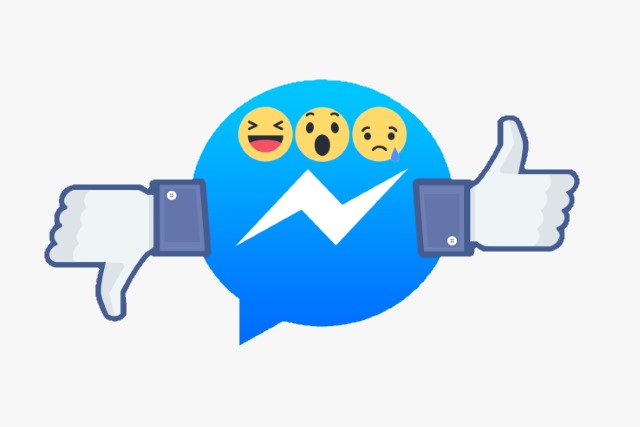
Facebook is finally getting a Dislike button... in Messenger
Facebook is famous for its Like button, but there have been calls for the exact opposite for many years. People have been clamoring for a Dislike button for a long time, but the closest we've got so far is Reactions -- which at least give the option of responding negatively to something... even if it doesn't make any difference in the long run.
Now Reactions are expanding beyond the main Facebook site and appearing within Messenger. This gives users the opportunity to respond to messages -- just as they can to posts -- with a quick emoji from a pre-populated list. Best of all? There's a Dislike option!

Twitter cracks down on eggs as part of its anti-abuse measures
Twitter's assault on abusive accounts and its famous problem with trolling was stepped up a gear today as the company announced a series of new measures designed to crack down on harassment.
Having recently introduced account timeouts and refinements to blocking and muting, the company today said it was making it possible to block tweets from Twitter eggs -- those with no profile picture which therefore default to an image of an egg. Other filtering options are available, and algorithms are to be used to automatically identify abusive content.
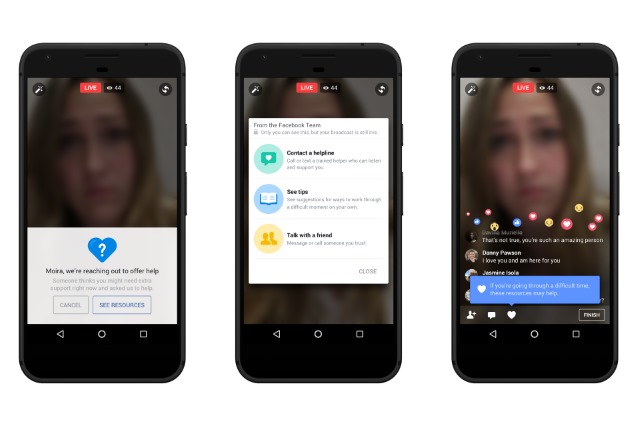
Facebook ramps up its suicide prevention tools and Messenger chat support
Facebook is updating the tools it offers to help try to prevent suicide. Aimed both at those thinking of suicide, and friends and family who are concerned about loved ones, the revamped support tools make use of artificial intelligence and real people to offer help when it is needed most.
This is not the first we have heard about suicide prevention tools from Facebook, and the latest announcement sees the social network taking its "unique position" even more seriously, seeing it as a way to offer help and a means of intervention. It comes after a number of suicides have been streamed via Facebook Live.
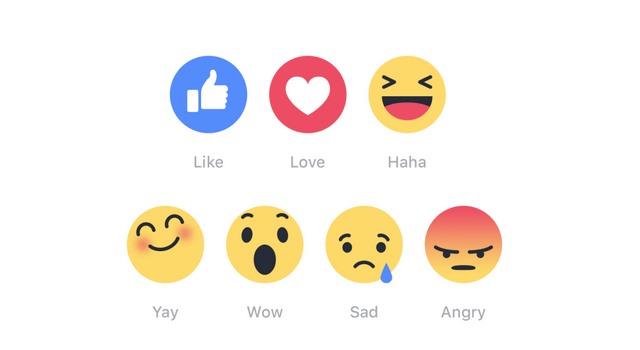
Facebook is taking more notice of Reactions than Likes to control your News Feed content
When Facebook first introduced Reactions users were pleased to finally have the chance to be more expressive, rather than simply 'liking' something. But the excitement soon waned when the social network revealed that it didn’t make any difference which Reaction users clicked -- it was simply registered as an interaction.
But now Facebook has revealed that the Reaction you have to individual posts has a greater influence over what appears in your News Feed. A Like registers as a Like, but if you react with Love, Wow, Angry or one of the other reactions, Facebook notes that this is a stronger reaction and tweaks your News Feed accordingly.
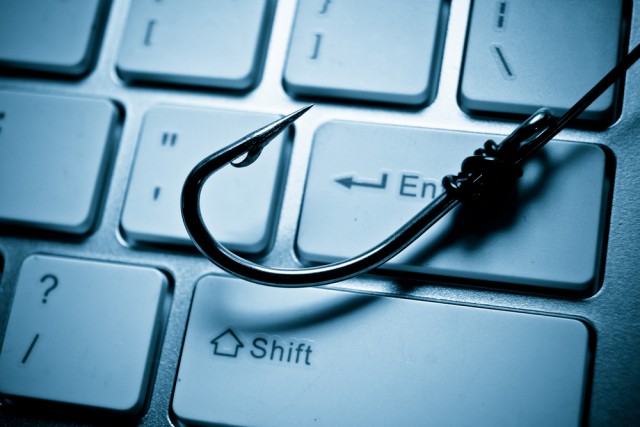
Social media makes phishing attacks easy
People like getting friend requests on social media, and hackers are using that to launch successful phishing campaigns. This is according to a new report released by phishd by MMR InfoSecurity.
After reviewing simulated attack campaigns targeting almost a million users, phishd by MMR InfoSecurity says that social media is the most effective lure to have victims clicking email links.
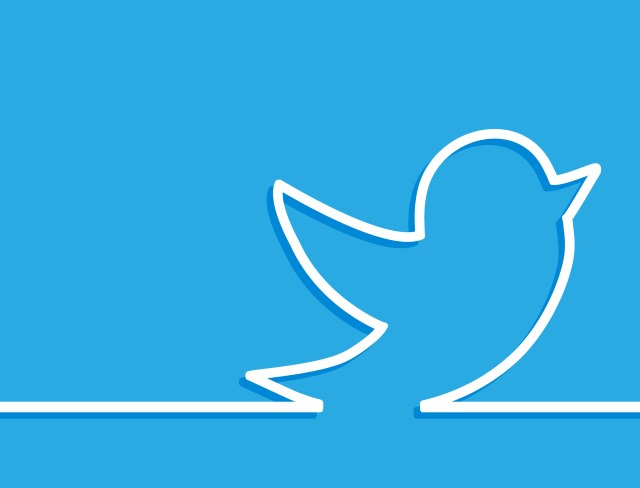
Twitter lets customer support operatives use custom profiles with their direct messages
Having become the medium through which upset customers often turn to in order to complain to companies or ask questions, Twitter is fully embracing its role as a customer service platform. But while Twitter is a neat and quick way to get in touch with a company, it tends to have something of an impersonal feel.
This is about to change as Twitter is rolling out a new feature that lets customer service representatives personalize direct messages with their own name and image rather than that of the company they work for. Will this splash of personality help customers feel valued in a marketplace awash with bots?
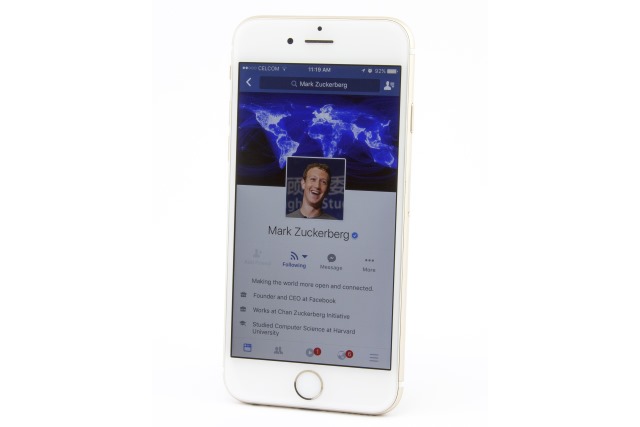
Mark Zuckerberg's rambling letter covers fake news on Facebook, nudity and profanity -- and his ego
In a lengthy missive that has been described by some as a manifesto, Mark Zuckerberg has written a counterattack to criticism of his beloved Facebook. He waxes lyrical about a rosy vision of the future in which communities come together, everyone is included, and everyone is empowered -- largely facilitated by him. For a man who denies he has political leanings, he certainly seems to have been studying Speaking Like A Politician 101. He is nothing if not almost impressively vague.
But when Zuckerberg is not massaging his own ego as he dreams up ways to save the world ("I hope we can come together to build a global community that works for everyone"), the content of the website he created still gets a mention. In the age of Trump there is endless talk of fake news, and Facebook has certainly played a role in helping this to spread. This, along with other problems, such as the spread of terrorist propaganda, is something Zuckerberg wants to combat, and he's placing a great deal of confidence in artificial intelligence and his beloved algorithms.
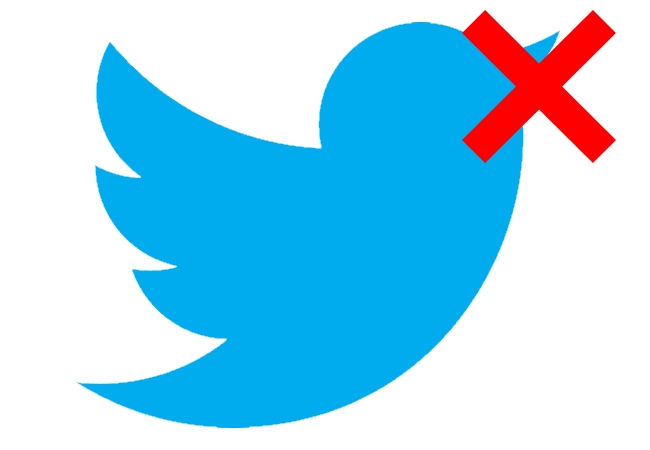
Twitter tweaks blocking and muting in latest anti-abuse measures
Having just introduced the idea of restricted timeouts for abusive users, Twitter has unveiled yet more measures designed to counter abuse and harassment. Now if you have blocked or muted a user, you'll no longer be notified of replies to a conversation by that user.
You will still, however, receive notifications of replies to the conversation if they come from people you follow, so you are not completely cut out. It has been warmly received by Twitter users, many of whom believe this is how things should have been from the beginning.

Twitter slaps abusive accounts with temporary timeouts
After promising to do something to tackle the problem of harassment, Twitter recently announced plans to stop repeat offenders. An even more recent tweak to lists backfired, and the latest measure sees abusers hit with a timeout rather than a ban.
It is an attempt to placate those who want to see something being done, while simultaneously trying not to anger those affected. The restrictions seem to be -- at the moment -- limited to hiding the offender's tweet to everyone but his or her followers, but it's possible that others may be implemented as well.
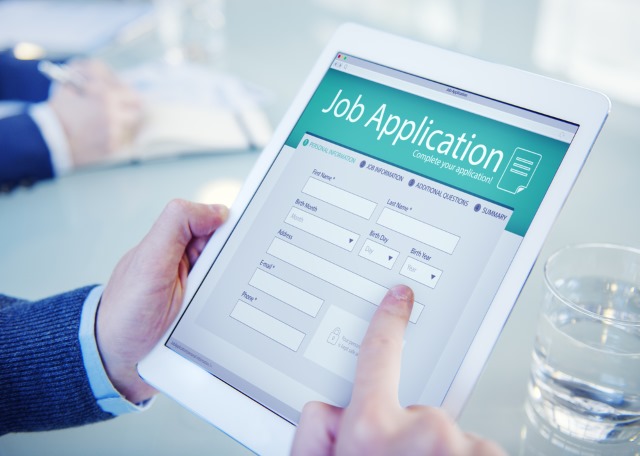
Job ads on Facebook mean you could apply for your next position through the social network
Ads on Facebook are something of a pain, but they could actually about to become rather more useful. Starting tomorrow, the social network will allow business pages to host job ads and anyone interested in the positions will be able to apply directly via Facebook.
Job ads on Facebook were trialed towards the end of last year, but the official rollout starts now. It's a change that sees Facebook treading firmly on LinkedIn's toes, and it's something that has the potential to work well for Facebook, employers and job applicants alike.
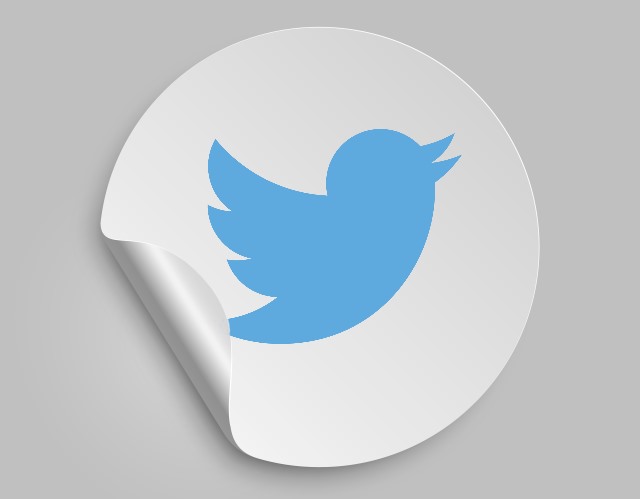
Twitter tweaks Lists because of potential for abuse -- and then reverses the changes
Twitter has tried various methods of cracking down on trolling and abuse, and it is now rolling out its latest batch of safety measures. The most recent change only lasted a few hours before it was killed off due to protests.
In a seemingly well-intentioned move, Twitter decided to no longer notify users when they were added to lists. The idea was that lists could be used as a form of abuse: you might not be able to message someone, but you could add them to a list called "you're a douchebag", and they would be notified. But the change did not last very long at all.
